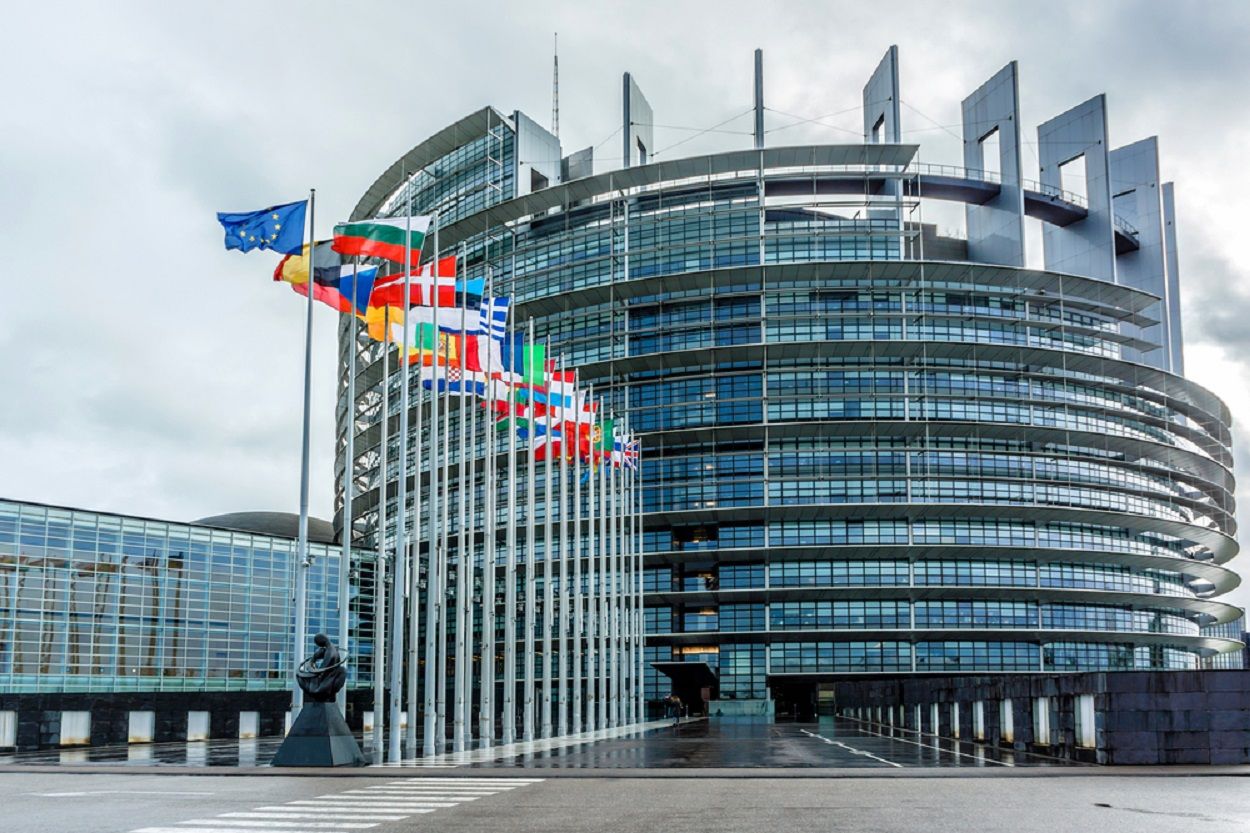- Legislators asked to keep unbacked crypto capital out of the traditional financial system
- The political deal introduces large-scale, controversial changes to loan risk assessments
The European Union (EU) sealed a political deal on new banking and capital laws, including for crypto assets, after legislators asked to keep unbacked crypto capital out of the traditional financial system, CoinDesk reported.
The European Parliament’s Economic and Monetary Affairs committee announced the deal in a tweet following a meeting attended by the EC, national governments, and representatives of the European Parliament. The EU was the first to propose the new rules back in 2021.
Controversial changes to loan risk assessments
The political deal introduces large-scale, controversial changes to bank assessments of the risk of home and corporate loans. It is yet to be voted on by EU member states and legislators before it can pass into law. In practice, this process takes at least a few months.
According to Swedish Finance Minister Elisabeth Svantesson, who presided over negotiations on behalf of the EU, the new rules improve the stability and resilience of EU banks. They also adjust the risk weighting for corporate loans and other banking assets.
A statement by the European Council confirmed the agreement includes a “transitional prudential regime for crypto assets” without providing details.
Unbacked crypto to be assigned maximum risk weight
The Basel Committee on Banking Supervision and other international organizations are now finalizing a globally effective crypto banking guideline set. However, it has been reported that they would assign unbacked crypto a risk weight of 1,250%, which is the highest possible.
Banks would not be encouraged to buy into the crypto market because they’d have to issue a euro of capital for each equivalent value in Bitcoin (BTC) or Ethereum (ETH). The European Parliament wants to see these rules in effect as soon as possible.
Regulated stablecoins have found favor
The EC proposed a compromise privately near the end of the talks. The measures would not be as strict for stablecoins, which some EU governments support.












